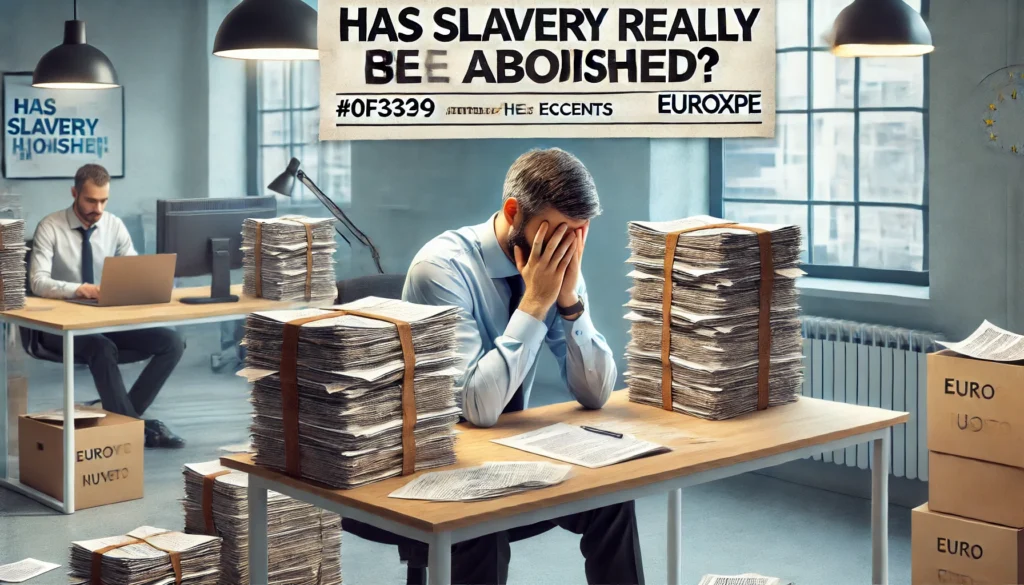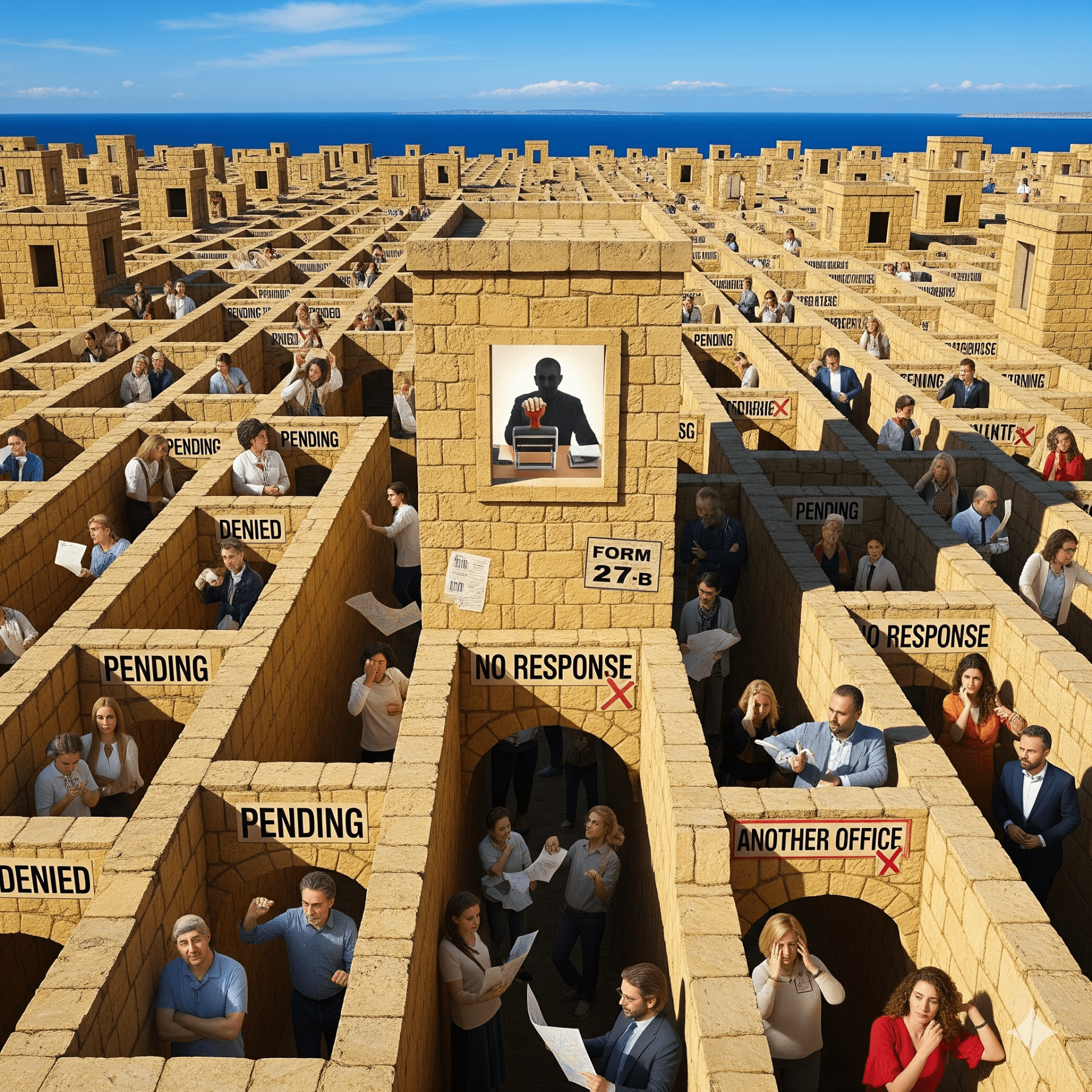In today’s world, while we often hear about the exorbitant salaries of sport players and politicians, a significant part of the workforce still grapples with questions like, “How much salary do you expect?” This disparity raises critical questions about the nature of modern employment practices and whether true freedom from exploitation has been achieved for all.
Modern slavery, a term encompassing forced labor, debt bondage, and human trafficking, affects millions globally. According to the International Labour Organization (ILO), around 28 million people are in forced labor, with significant numbers in the private economy (International Labour Organization). These individuals are often subjected to extreme exploitation, deprived of their freedom, and forced to work under coercive conditions.
@fidiasmep How Much Politicians Get Paid
♬ original sound – fidias
While some professions boast astronomical salaries, many workers face precarious employment conditions. This issue is exacerbated by the power dynamics between employers and employees. Workers are frequently asked about their salary expectations rather than being offered a fair wage upfront. This practice not only undermines the worker’s bargaining power but also perpetuates a cycle of exploitation and inequality.
The exploitation of low-wage workers can be likened to modern slavery. Workers in sectors such as agriculture, manufacturing, and domestic work are particularly vulnerable. They often work long hours for minimal pay, with limited job security and inadequate legal protections. This scenario is not far removed from the conditions faced by individuals in traditional forms of slavery.
Employers have a crucial role in addressing these disparities. Instead of placing the onus on employees to negotiate their wages, companies should ensure transparent and fair salary structures. This approach would help in reducing exploitation and promoting equitable treatment across the workforce.
To combat modern slavery, robust legislation and corporate responsibility are essential. The ILO’s Forced Labour Convention and the Modern Slavery Act in various countries aim to address these issues by enforcing stricter regulations and ensuring that businesses uphold ethical practices (International Labour Organization) (Business & Human Rights Resource Centre). Companies are increasingly being held accountable for their supply chains and the working conditions of their employees.
The path to eradicating modern slavery involves a multifaceted approach. Governments, businesses, and civil society must collaborate to enforce laws, raise awareness, and support victims. Moreover, shifting the focus from “How much salary do you expect?” to offering fair wages and secure employment can significantly reduce exploitation and promote a more just and equitable workforce.
While significant strides have been made in abolishing traditional forms of slavery, modern slavery persists in various guises. Addressing this issue requires a concerted effort from all sectors of society. By promoting fair employment practices and holding employers accountable, we can move towards a world where true freedom and equality are a reality for all workers.






